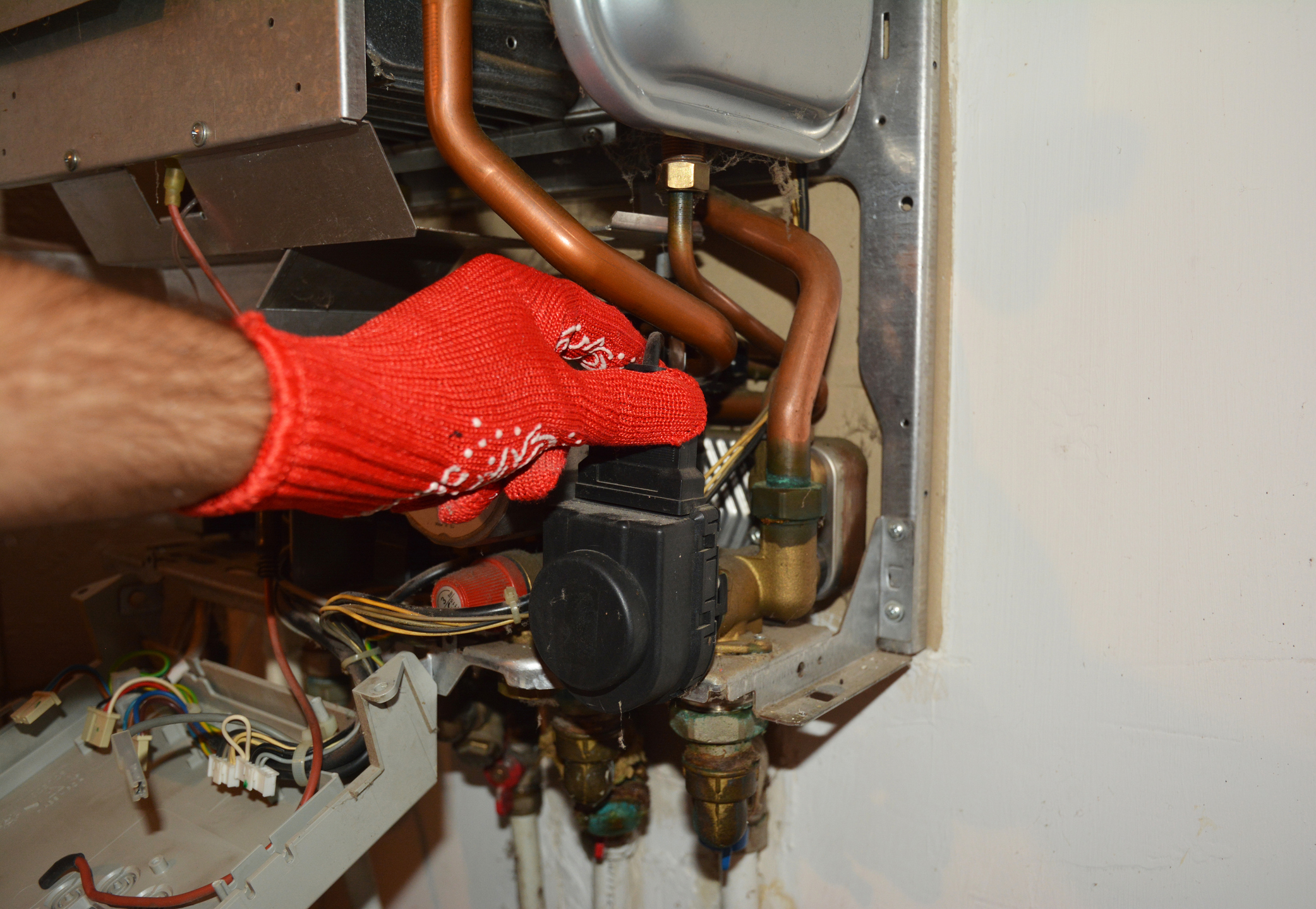Investing in a new furnace is a significant decision for homeowners, impacting both comfort and energy efficiency. However, the cost of furnace setup can vary widely depending on various factors. This guide provides a thorough breakdown of furnace installation costs, including key considerations, types of furnaces, labor expenses, and potential additional charges. By understanding these factors, homeowners can make informed decisions and budget effectively for their heating system upgrades.
1. Factors Influencing Heating System Installation Costs:
The cost of furnace setup is influenced by several factors, including the type and size of the furnace, the complexity of the installation, the location of the home, and the contractor’s rates. Additionally, the quality of materials and any necessary upgrades to existing ductwork or ventilation systems can also impact overall costs.
2. Types of Furnaces:
There are several types of furnaces available, each with its cost considerations:
– Gas Furnaces: Gas furnaces are a popular choice for their efficiency and cost-effectiveness. The cost of installing a gas furnace can vary based on the brand, size, and energy efficiency rating.
– Electric Furnaces: Electric furnaces are typically more expensive to install than gas furnaces, but they can be a suitable option for homes without access to natural gas.
– Oil Furnaces: Oil furnaces are less common but may be necessary for homes in areas without gas or electric heating options. The cost of installing an oil furnace includes factors such as oil tank installation and fuel delivery setup.
– High-Efficiency Furnaces: High-efficiency furnaces offer superior energy savings but come with a higher upfront cost for installation. However, homeowners can recoup these costs through lower energy bills over time.
3. Labor Expenses:
Labor costs for HVAC installation vary depending on the contractor’s rates, experience level, and the complexity of the installation. Installing a new furnace involves tasks such as removing the old unit, assembling and connecting the new furnace, configuring ductwork, and testing the system for proper operation. It’s essential to obtain multiple quotes from reputable HVAC contractors to compare prices and services.
4. Additional Charges:
In addition to the base cost of HVAC installation, homeowners may encounter additional charges for various reasons:
– Ductwork Modifications: If the existing ductwork requires modifications or repairs to accommodate the new furnace, this can add to the overall cost.
– Permits and Inspections: Some areas require permits and inspections for heating unit installations, which can incur additional fees.
– Optional Upgrades: Homeowners may opt for optional upgrades such as programmable thermostats, air purifiers, or zoning systems, which can increase the total cost.
Warranty and Maintenance Plans: Although including warranty coverage or maintenance plans in the installation contract may involve additional charges, they can provide long-term peace of mind and cost savings.
Secure your appointment with us today for personalized guidance!
Overall, the cost of furnace installation varies depending on multiple factors, including the type of furnace, labor expenses, additional charges, and geographic location. Homeowners should carefully consider their heating needs, budget constraints, and long-term energy savings when deciding on a new furnace. Obtaining multiple quotes, researching reputable contractors, and understanding the breakdown of costs can help homeowners make informed decisions and ensure a successful furnace setup process.
Team up with our experts at Aaron & Trecker Heating & Air Conditioning to discover the true cost of furnace installation and make informed decisions about your home heating needs. Contact us today at 847-540-9585 for expert guidance and competitive quotes!






